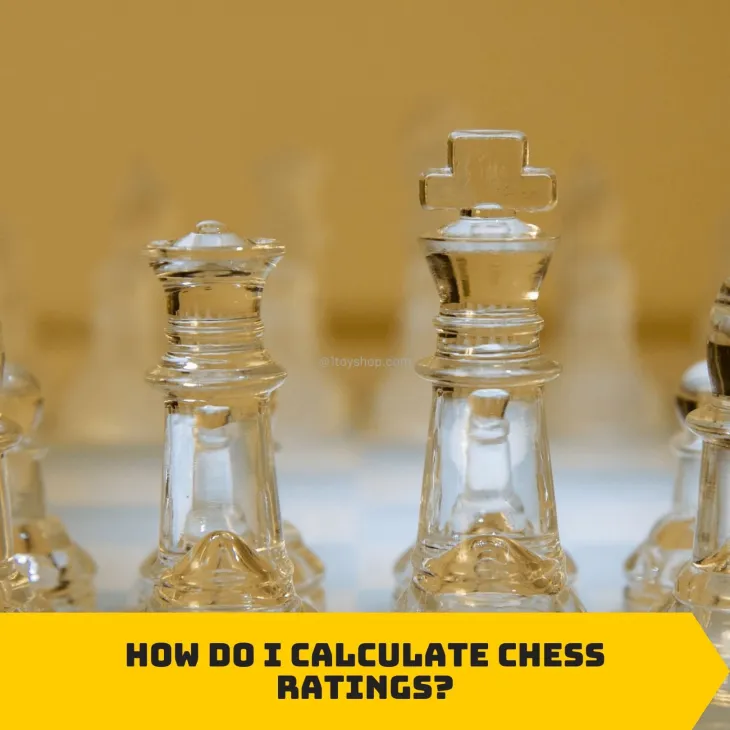
To Get More Wonderful Toys And Take Discount Today. Click On The Image.
Chess ratings are a numerical representation of a player's skill level. They are used to match players of similar strength and to determine tournament rankings. While the exact formulas may vary, most rating systems follow a similar principle: stronger players earn more points when they defeat weaker opponents, while weaker players lose points when they are defeated by stronger opponents.
The Elo Rating System
One of the most widely used rating systems in chess is the Elo rating system, developed by the physicist Arpad Elo. In the Elo system, a player's rating is calculated based on their performance in games against other rated players. The formula for calculating Elo ratings takes into account the difference in ratings between the two players and the outcome of the game.
Key Factors in Calculating Elo Ratings
Rating Difference: The larger the difference in ratings between two players, the more points the higher-rated player will gain or lose if they win or lose the game, respectively.
Outcome of the Game: A win earns more points than a draw, while a loss results in a loss of points.
K-Factor: The K-factor is a constant that determines how quickly a player's rating can change. Higher-rated players have a lower K-factor, while lower-rated players have a higher K-factor.
Calculating Elo Ratings
The exact formula for calculating Elo ratings is complex and involves several mathematical calculations. However, the basic principle is that a player's rating is adjusted based on their performance in games against other rated players.
Implications of Chess Ratings
Chess ratings have several implications:
Matchmaking: Ratings are used to match players of similar strength in tournaments and online platforms.
Tournament Rankings: Tournament rankings are often determined based on the players' ratings.
Performance Evaluation: Ratings can be used to evaluate a player's performance over time and identify areas for improvement.
Improving Your Chess Rating
To improve your chess rating, it is important to focus on developing your skills and playing consistently. Here are some tips:
Study Chess Theory: Learn about chess openings, middlegames, and endgames.
Practice Regularly: Play chess regularly against human opponents or computer programs.
Analyze Your Games: Review your games to identify areas for improvement.
Set Goals: Set specific goals for your chess improvement.
Stay Motivated: Chess is a challenging game, but staying motivated is essential for success.
Source: Team 1ToyShop (1.T.S) compiled, analyzed and wrote. Pls dont reup without source. Many thanks.

Chess Toys For High Schoolers: Preparing For Academic Challenges And Life Success
Author name
16.05.2024
Welcome to a world where the kings and queens aren't draped in robes, but rather stand just a few inches tall on a checkered board! Yes, we're diving deep into the checkered universe of chess, where strategy, patience, and sharp minds play.

Chess Toys For Gifted Children: Nurturing Exceptional Intellectual Abilities And Creativity
Author name
16.05.2024
Choosing the right chess toys for children who display exceptional intellectual abilities can be as challenging as it is crucial. Chess toys, with their rich history as a tool for sharpening the mind and enhancing strategic thinking, are a standout choice for nurturing the potential of gifted young learners.

Chess Toys For Elementary School Kids: Enhancing Academic Performance And Intellectual Growth
Author name
16.05.2024
Think back to your own childhood—those carefree days filled with play, laughter, and, surprisingly, a lot of learning. Imagine if playtime could not only entertain our kids but also boost their brainpower.
